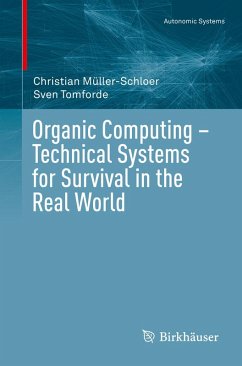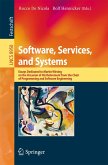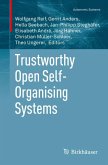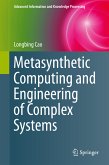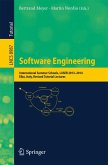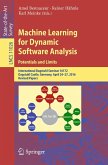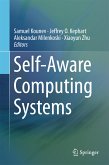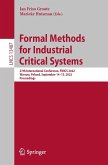This book is a comprehensive introduction into Organic Computing (OC), a technology for self-organising, self-adaptive, autonomous systems. OC has been conceived about 15 years ago. In the mean time many aspects of OC have been investigated in much detail. A DFG Priority Program and a DFG Research Unit have developed basic OC concepts and have shown their utility in practical applications. This book systematically presents the current state-of-the-art in OC. It starts with motivating examples of self-organising, self-adaptive and emergent systems, derives their common characteristics and explains the fundamental ideas for a formal characterisation of such systems. Special emphasis is given to a quantitative treatment of concepts like self-organisation, emergence, autonomy, robustness, and adaptivity. The book shows practical examples of architectures for OC systems and their applications in traffic control, grid computing, sensor networks, robotics, and smart camera systems. The extension of single OC systems into collective systems consisting of social agents based on concepts like trust and reputation is explained. OC makes heavy use of learning and optimisation technologies; a compact overview of these technologies and related approaches to self-organising systems is provided.
Dieser Download kann aus rechtlichen Gründen nur mit Rechnungsadresse in A, B, BG, CY, CZ, D, DK, EW, E, FIN, F, GR, HR, H, IRL, I, LT, L, LR, M, NL, PL, P, R, S, SLO, SK ausgeliefert werden.

